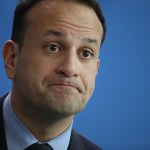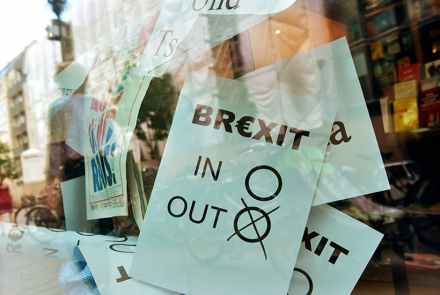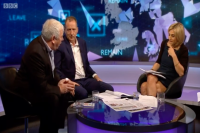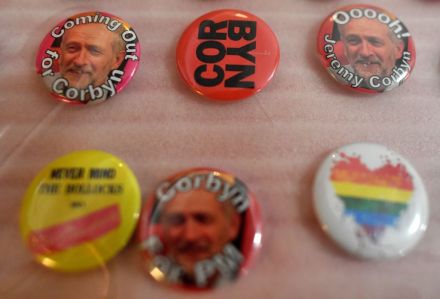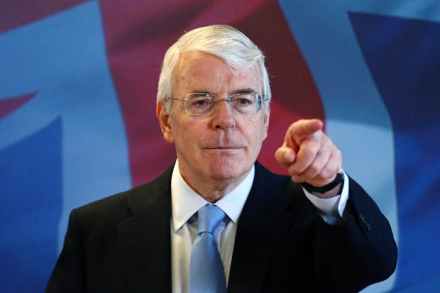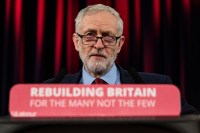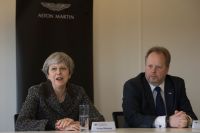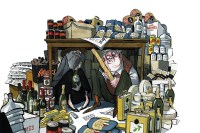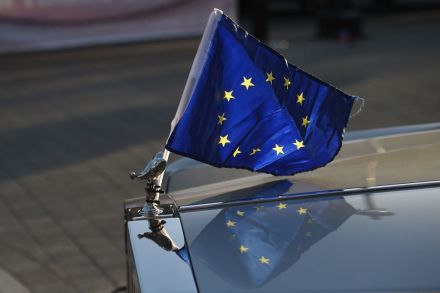Seven of the best moments from This Week
It’s the end of an era tonight as This Week goes out for the very last time. The BBC’s late-night politics show has built up a cult following since it first aired in 2003. A host of politicians, from Diane Abbott and Jacob Rees-Mogg, to Charles Kennedy and Ken Livingstone have all appeared. Singer Pete Doherty, Primal Scream’s Bobby Gillespie and comedian Stewart Lee have also all popped up. The show’s presenter Andrew Neil has been there from the beginning. Here is Mr S’s pick of the seven most memorable moments from the show: Red Ken comes unstuck: Ken Livingstone is well known for talking about Hitler. But it was on the subject



